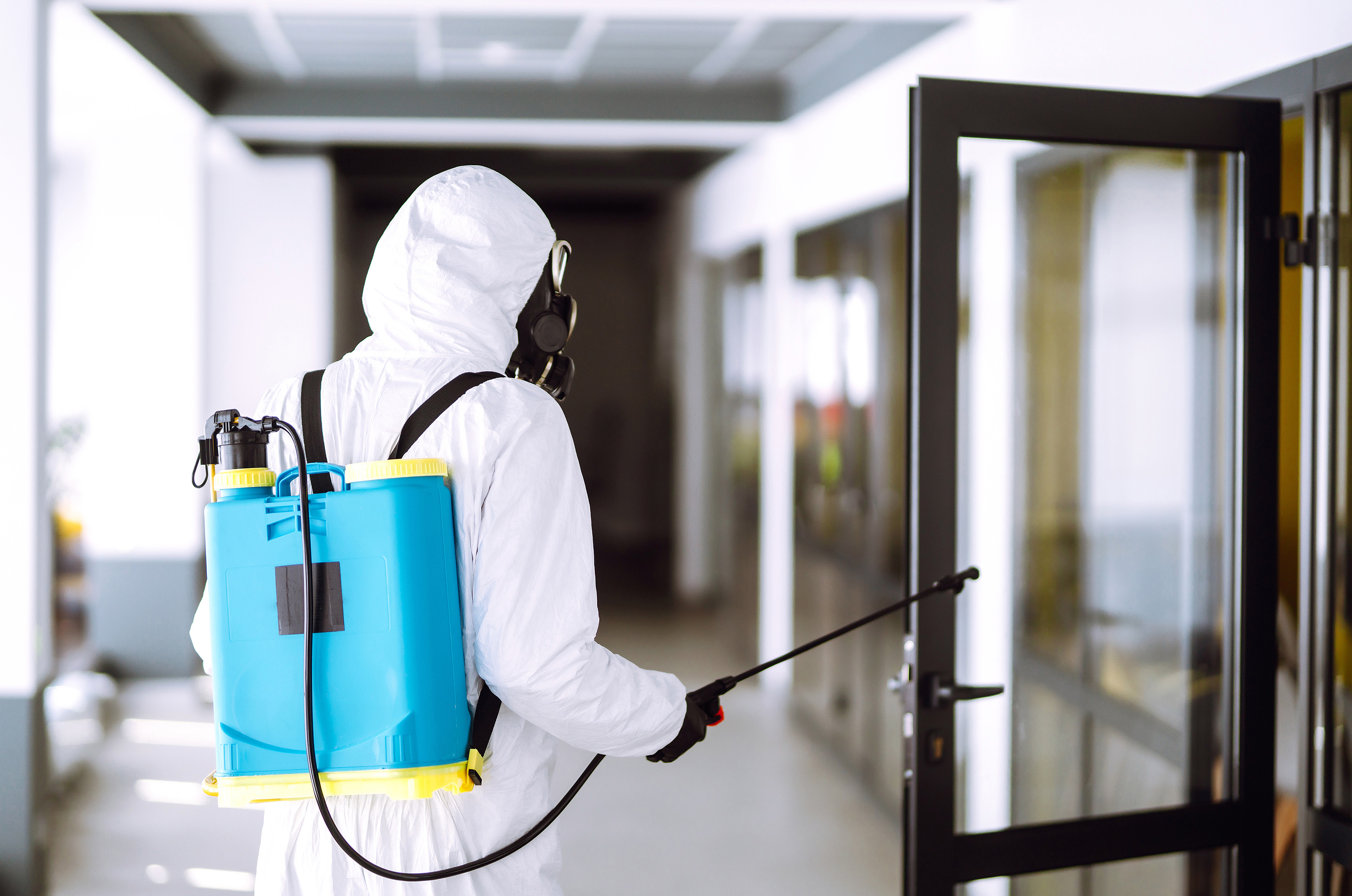
Infection Prevention and Control Professional Certificate
Operate Toward Leadership in the IPC Field
This program offers a comprehensive view of IPC through three short courses that focus on hands-on exercises and hospital visits, preparing participants for leadership in the Infection Prevention and Control (IPC) field and healthcare domains.
Course Info
Refund and Cancellation Policy
*For payment options, refer to the payment section FAQs on our website or contact us on 15592.
The Onsi Sawiris School of Business Executive Education has joined ValU, flexible payment plans for up to five years with the lowest interest rate.
To cancel your registration in the program, please fill out the Cancellation Form.
A full refund will be provided for cancellations made seven days or more before the start date of the course.
No refund will be provided for cancellations made six days or less before the start date of the course.
Refunds will be issued to the same payment method used to make the initial payment. Refunds to credit cards are processed within 30 days, provided that the participant has the actual credit card and the POS receipt or bank statement while requesting the refund.
Refunds of alliance programs are subject to the conditions of the alliance partner.
Contact Us |
|---|
For further information, contact us on 15592 Sundays through Thursdays, from 9 am – 4 pm or email us at [email protected] |